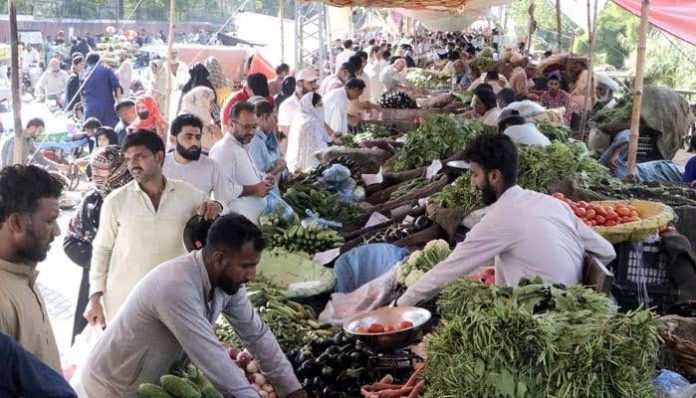Pakistan’s inflation rate has dropped significantly to 11.8% in May, the lowest level in almost two and a half years. This sudden decrease is attributed to lower food prices and some adjustments in fuel rates.
This unexpected drop in inflation has sparked speculation about potential changes in key interest rates. The central bank may consider a significant reduction in interest rates on June 10th, which could have a positive impact on the economy.
Despite this welcome news, challenges in controlling inflation persist. Utility price hikes and food supply disruptions continue to exert pressure on inflation, making it difficult to sustain this downward trend.
Moreover, the government faces budgetary shocks and pressure from the International Monetary Fund (IMF) to maintain a tight monetary policy, which could limit the scope for interest rate cuts.
The decline in inflation, though a positive development, poses new challenges for the government and the central bank.
They must carefully balance the need to control inflation with the need to support economic growth and stability. The situation highlights the complexities of managing an economy and the need for careful decision-making to ensure sustainable growth and development.


